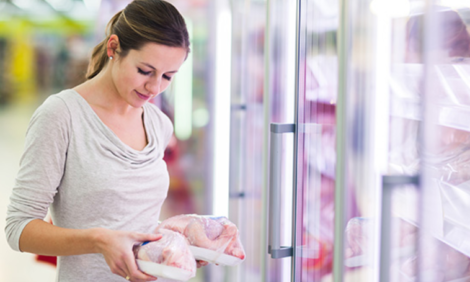



Planning to hatch chicks this winter? Keep these tips in mind
With the leaves on the ground and the cold weather coming, hatching season is over for most but did you know that you can still hatch chicks going into winter?Words Pascale Deffieux Pearce, executive vice-president of Brinsea Inc
Of course, there are additional precautions to take into consideration because of the increased risks associated with hatching in less-than-ideal temperatures. However, with proper education, people can hatch chickens year-round.
While incubating is still the same process in the winter as it is in the spring, there are some things to consider before attempting it.
- As temperature and lighting levels decrease, chickens tend to lay less frequently and sometimes will stop completely. They lose their instinct to incubate as the chances of survival of the chicks in nature would be greatly reduced. Incubating artificially is an obvious advantage although the availability and quality of eggs may be reduced.
- Eggs which have been subjected to freezing conditions (in the coop or in shipping) will have suffered damage to their internal structures and are highly unlikely to hatch.
- Incubation during this time of year due to the temperatures will have to occur indoors with a stable temperature.
- Before placing eggs into the incubators, they need to reach room temperature between 70°F – 78°F to avoid thermal shock and cracking. To be sure best to let them sit overnight.
- Central heating/furnaces can dry the ambient air and adding water more frequently to the incubator may be necessary to maintain the correct humidity level. Keep an eye on the water level and make sure it doesn’t run out.
- The incubator should not be placed close to a source of heat otherwise the temperature cannot be controlled correctly. A room with a stable temperature between 66°F and 77°F is ideal for success.
- To prevent chicks from chilling particularly when they are very young, the brooder will need to be placed in the house or a temperature-controlled location.
These instructions are to be followed with the regular monitoring of an incubator and care of eggs during the incubation process. This includes temperature and humidity levels, the turning of eggs and fulfilling the 21-day incubation period. Incubating can be fun and a great activity during the holiday break but it’s important to follow the necessary steps and take precautions.
For more information on incubators and chicken hatching, visit Brisnea's website









